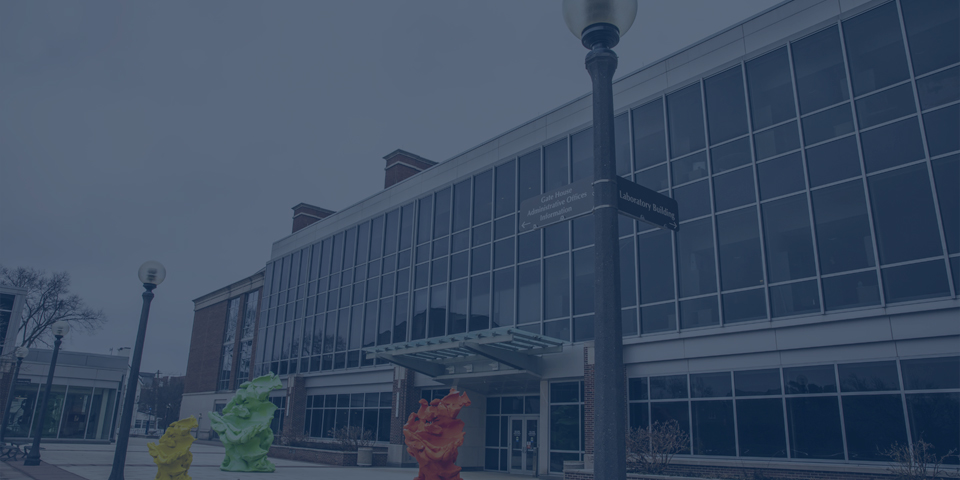We do so by tackling grand challenges in fundamental and applied research with genomics and multi-disciplinary team science. The IGB was originally proposed at the dawn of the genomic era as the embodiment of a goal to centralize biological and biotechnological research at Illinois, a role that it continues to fulfill today as one of the largest comprehensive genomics institutes in the country.
We are a research pioneer on the Illinois campus, hosting the first NIH Center for Excellence, the first major Bill & Melinda Gates Foundation grant with Realizing Increased Photosynthetic Efficiency (RIPE), the first research supported by the Simons Foundation, and the first ZEISS labs @ location in North America through our Core Facilities light microscopy suite.
Research and Outreach
IGB members conduct path-breaking genomic research to address societal issues in the areas of food security, energy, health, technology, and environmental conservation. Our outreach and public engagement programs have been nationally recognized in its efforts to bring scientific understanding to the public, with partners such as the American Association for the Advancement of Science, the National Academy of Sciences, and the National Institutes of Health.
IGB members are drawn from many schools and departments, including biology, chemistry, physics, engineering, sociology, and business. Faculty and affiliate members remain an integral part of their home departments while also pursuing collaborative projects in thematic research groups at the IGB.
In each research theme, the common goal of a particular grand challenge in research—developing more effective cancer therapeutics, creating more efficient and robust food and fuel crops, uncovering the origins of life—creates synergy among diverse groups of scientists. Our work ranges from basic research that expands the horizons of human knowledge to applied research that builds on this foundational knowledge to create new technologies. Our complement of research themes is dynamic, adapting to new discoveries, methods, and needs. Anyone in our academic community can propose a new theme.






